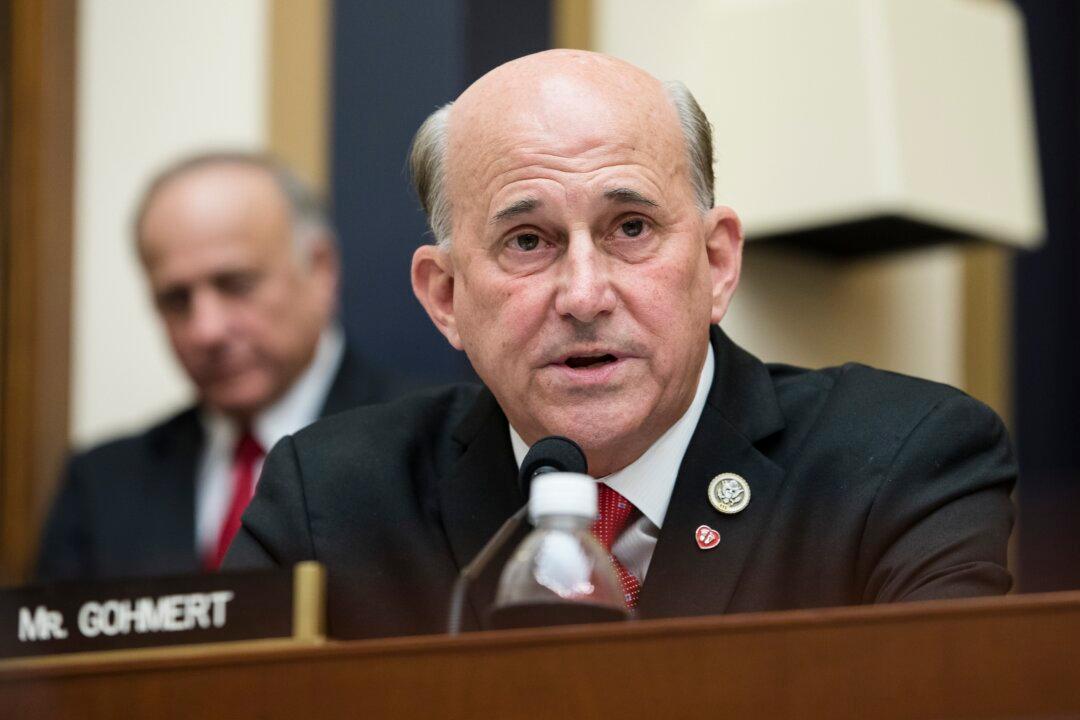Rep. Louie Gohmert (R-Texas) said late Friday, after a federal judge dismissed the lawsuit he and others filed against Vice President Mike Pence, that the ruling was wrong, and that he plans to appeal.
District Judge Jeremy Kernodle, a Trump nominee, alleged Gohmert didn’t have sufficient standing to bring the legal action.





